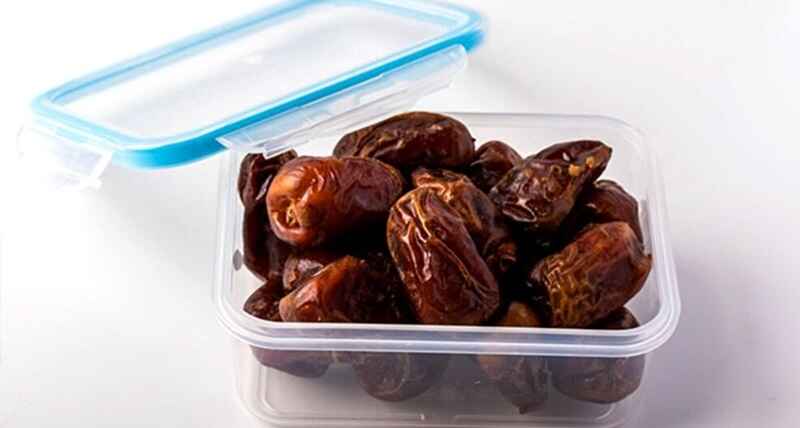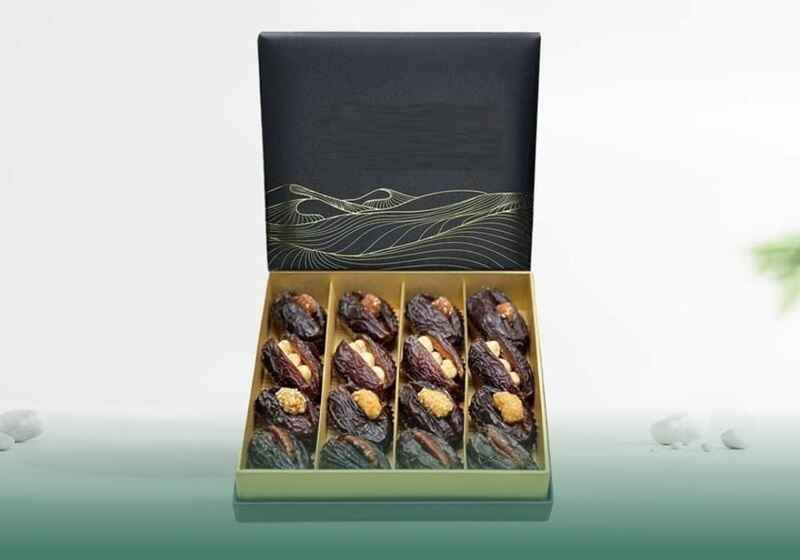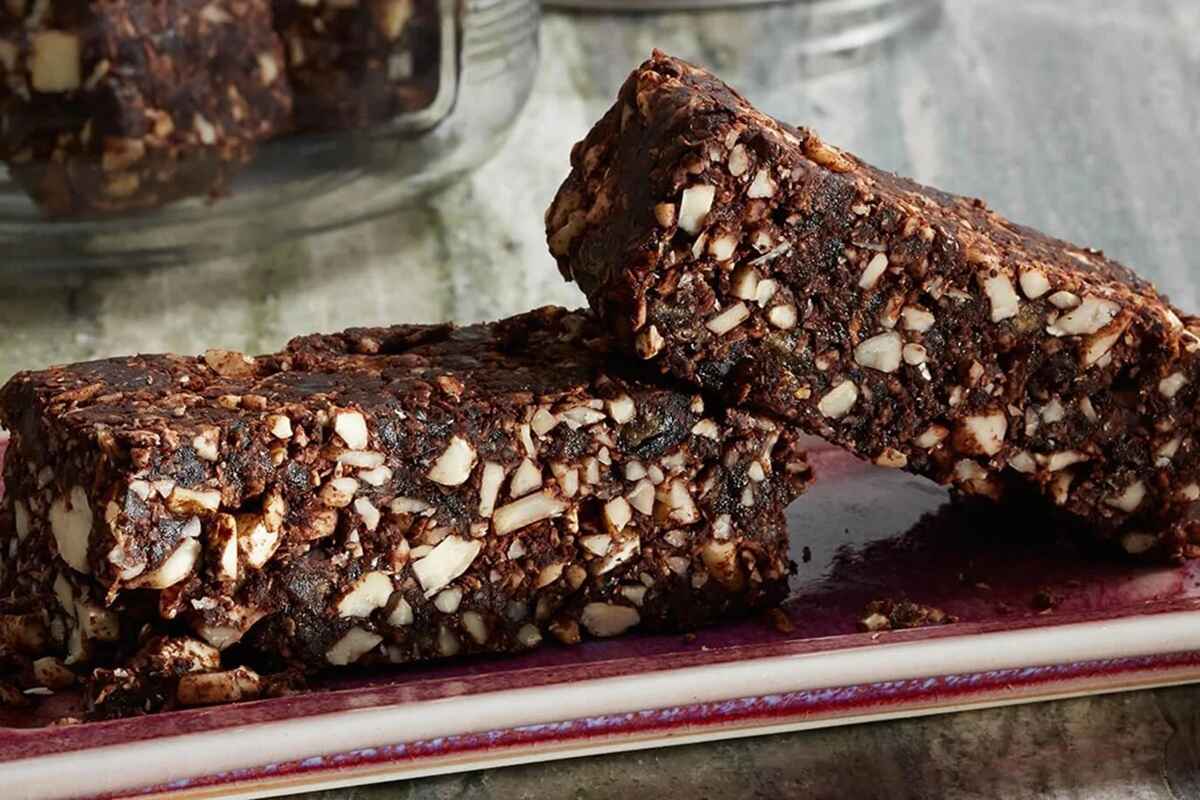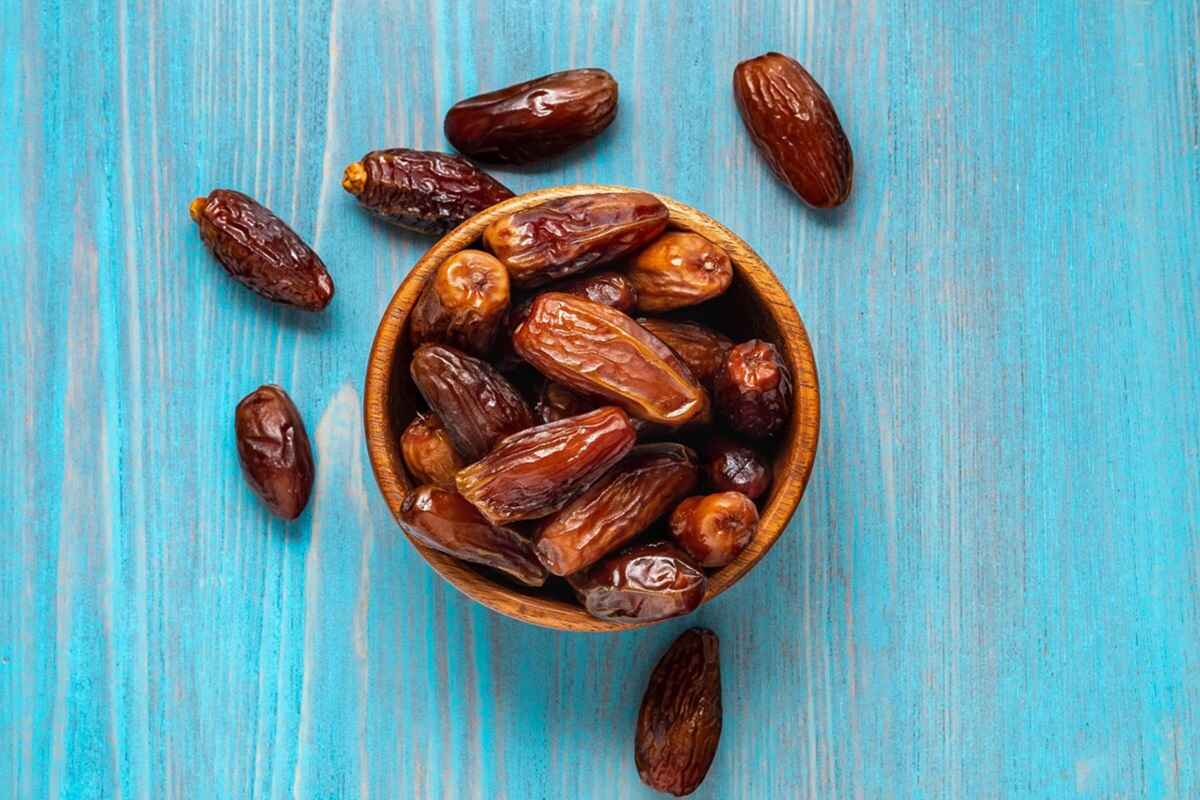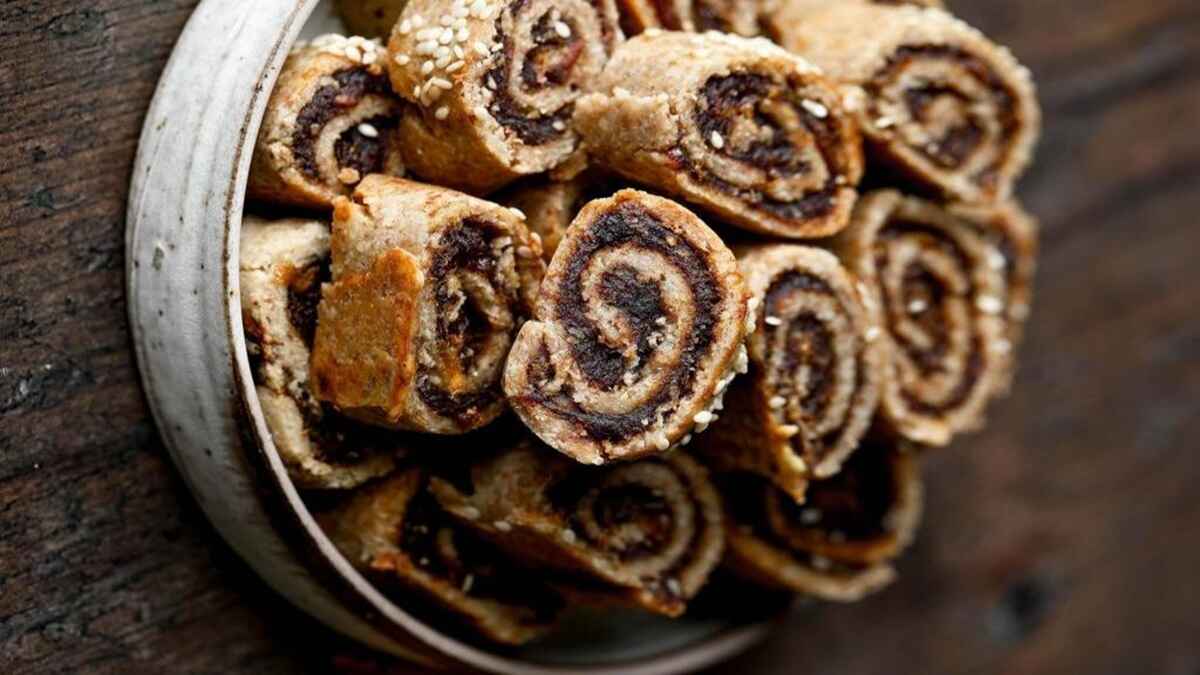Do Dates Go Bad? Dates have been enjoyed for centuries, admired for their rich sweetness, chewy texture, and impressive nutritional profile. Packed with fiber, antioxidants, and natural sugars, they make a great snack and a versatile ingredient for both sweet and savory dishes. But as with any food, one question often arises — do dates go bad, and if so, how can you tell?
Although dates are known for their long shelf life, they’re not indestructible. Over time, their quality can decline, and in certain conditions, they can spoil. Understanding how long they last and how to store them properly can help you make the most of this delicious fruit. In this article, Persa Trading, as a trusted dates supplier, shares all the details you need to know about the shelf life and proper storage of dates.
Do Dates Go Bad?
Dates don’t have the same rapid spoilage risk as fresh fruits like berries or peaches. Their low moisture content and natural sugar concentration act as a preservative, making them far less prone to bacterial growth. That’s why, in optimal storage conditions, dates can last months or even years.
However, “lasting long” is not the same as “lasting forever”. While dates can remain safe to eat for a significant period, their texture, flavor, and overall quality will change over time. Eventually, even dried fruits can dry out too much, lose their sweetness, or develop signs of spoilage.
How Long Do Dates Last?
The shelf life of dates largely depends on their type and how they’re stored:
At Room Temperature
-
Whole, packaged dates: When stored in a cool, dry pantry, most varieties last 1–3 months beyond the printed “best by” date.
-
Fresh, soft varieties (like Medjool dates) may only stay at peak quality for a few weeks before becoming drier or tougher.
In the Refrigerator
-
Refrigeration can significantly extend freshness, keeping most dates in good condition for 6–12 months.
-
This is especially useful for softer varieties, as cooler temperatures slow down moisture loss.
In the Freezer
-
Dates freeze exceptionally well. When stored in an airtight container or freezer bag, they can maintain their best quality for up to 3 years.
-
Freezing doesn’t harm their taste or texture, and thawed dates are usually indistinguishable from fresh ones.
Signs That Dates Have Gone Bad
Even though dates are hardy, they can still spoil. Here are the main warning signs:
-
Visible Mold – Any white, fuzzy growth or unusual spots means the dates should be discarded immediately.
-
Unpleasant Odor – Fresh dates smell mildly sweet. A sour, fermented, or otherwise off odor is a sign of spoilage.
-
Slimy or Extremely Dry Texture – Slight hardening over time is normal, but excessive dryness or sliminess means they’re no longer good.
-
Unusual Taste – If the flavor is bitter, sour, or just “off,” it’s safer to throw them out.
-
Presence of Insects – Pantry pests like moths or beetles can infest improperly stored dried fruit. If you see webbing or small bugs, discard the batch.
Tips for Storing Dates Properly
To get the maximum shelf life from your dates:
-
Keep them cool and dry – Heat and humidity are the biggest enemies of dried fruit.
-
Use airtight containers – Prevents exposure to air and pests.
-
Refrigerate for longer storage – Especially for soft varieties like Medjool.
-
Freeze if needed – Freezing is the best long-term solution without sacrificing quality.
-
Avoid direct sunlight – It can speed up moisture loss and flavor deterioration.
Do Dates Get Better with Age?
Unlike wine or certain cheeses, dates don’t improve over time. While they may become slightly drier and more concentrated in sweetness after a few months, this is simply a natural result of water evaporation, not a sign of enhancement. Eventually, they’ll become too dry or tough to enjoy, even if you buy worlds best dates.
Difference Between Fresh and Dried Dates Shelf Life
Fresh dates contain higher moisture content, which makes their shelf life shorter compared to dried dates. Typically, fresh dates can last up to 6 months in the refrigerator, while dried dates, due to their low moisture content, can last up to 1 year at room temperature and even several years if frozen properly.
Tips to Extend Date Shelf Life
-
Store dates away from strong-smelling foods, as they can absorb odors.
-
Use airtight glass or sturdy plastic containers to prevent moisture entry.
-
If freezing, divide dates into small portions so you can open only what you need each time.
Impact of Packaging on Date Longevity
Dates that are vacuum-sealed or kept in airtight packaging tend to last longer because they are protected from exposure to air and moisture. Once the package is opened, the drying out process and potential spoilage accelerate, so it is best to store opened dates in sealed containers or freezer bags.
The Bottom Line
Dates are remarkably long-lasting thanks to their natural composition, but they’re not immune to spoilage. With proper storage — in a cool, dry pantry, refrigerator, or freezer — you can extend their life dramatically. Always check for mold, unusual odors, or texture changes before eating.
Handled well, dates can remain a tasty and nutritious treat for months or even years, making them one of the most storage-friendly fruits you can have in your kitchen.

